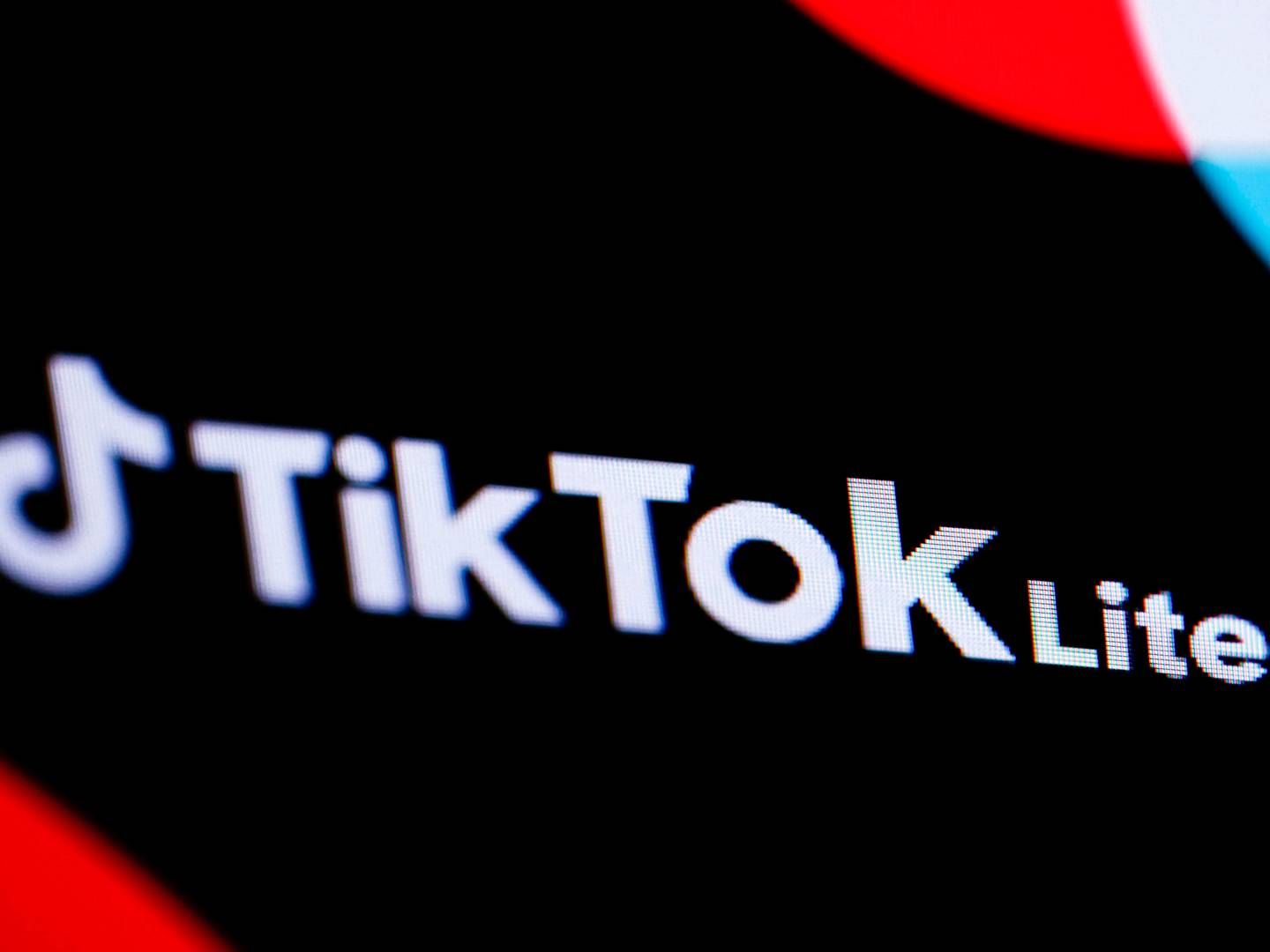Wealth of information = poverty of attention
We variously refer to this as information glut, information overload,
information smog, infobog, etc. It is a problem only experienced by
those lucky enough to have jobs, technology, and communication access.
These "lucky" people may feel fortunate when reflecting that half the
world's population has never attempted a telephone call. But they feel
decidedly unlucky when contemplating the daily barrage of information
that threatens to overwhelm them. Every day the info-rich receive
‘information’ from newspapers, television, telephone calls, faxes,
e-mail, and the Internet. Amidst all the noise, the info-rich are
aware that important and valuable information is being conveyed. But
how do they separate the redundant, uninteresting and outdated from
the up-to-date, pertinent, and vital?
Technology overload
The constant introduction of communication systems isn’t making the
situation any better. New technology does not displace the old; it is
layered over existing systems thereby substantially increasing the
message load. The advent of e-mail, pagers, cellular phones, video
conferencing, chat rooms, and discussion groups did not replace snail
mail, telephones, answering machines, faxes, and voice mail. Instead
they were added as another layer of communication. According to a
Japanese study by the Hokkaido University School of Medicine the
intensive use of computer technology, electronic organizers, Internet,
GPS-systems and video games are responsible for an information
overload in our brain which has a negative impact on our ability to
process information. One of the first studies testing 150 persons
between 20 and 35 year showed that one out of ten suffers from memory
disorders. The symptoms are an increasing inability to remember dates,
names and agreements or to differ between relevant and irrelevant
information.
Valid information
First, we need to discuss if this is really information that is
bombarding everyone. Data does not equal information. One of the
definitions of "information" is that it is new. The redundancy of the
information that inundates the info-rich is astronomical. It is only
information, in this sense, the first time they see it. The rest is,
at best, data; at worst, "noise." Furthermore, the information often
arrives with no authentication as to source, validity of data, etc.
"The mere fact that a resource is available does not provide any
guarantee of importance, accuracy, utility or value." Remember Stephen
Glass – The New Republics’ star writer, guest writer for a.o. Rolling
Stone Magazine – writing his fictive stories for years and making
everybody believe in what he presented to be facts. In a time where
managers have to act in real time, the risk that decisions are based
upon corrupt information is increasing.
And lastly, it comes undigested and as a hodgepodge. According to
Forrester Research, employees waste 25% of their time trying to find
the information they need to do their jobs. In fact, Forrester
estimates that the often-futile quest for relevant information costs
U.S. employers 11% of all wages paid in the United States. That’s $404
billion a year. And the figure is growing literally by the minute as
the amount of available information doubles each year. We use nitty
gritty software programs in an attempt to beat the info mania and
carefully started calling this knowledge management. But what we’re
really doing is producing and collecting more information that we
currently have little or no use for (According to a Wharton study in
2000 we use less than 20% of the information we’re collecting).
Information overload and information filters
Our competitive edge is increasingly determined by our knowledge and
the ability to act upon it. The Danish government realizes this too
and has reserved 275 million Dkr. (Børsen, September 2) to strengthen
the information flow from universities to business so the latter is
able to benefit from knowledge accumulated at these brain centers. A
good initiative with a large risk at hand though: unless we’re able to
filter relevant information to the right people, it will only add to
the existing information glut. Stress in the past five years became
the number one working disease and the majority of this stress is
information related. The information load is too large to manage and
we constantly live with the fear that we might have overlooked an
important, vital piece of information. We need information filters
that offer us information that we can act upon on a silver plate with
a guarantee that we’re up to date. The alternative is that people
become their own black holes and collapse under the weight of the
information overload or that we start getting immune for information,
not registering nor acting upon it any more.
“A wealth of information creates a poverty of attention”
(Herbert Simon, Nobel prize winning economist)
































